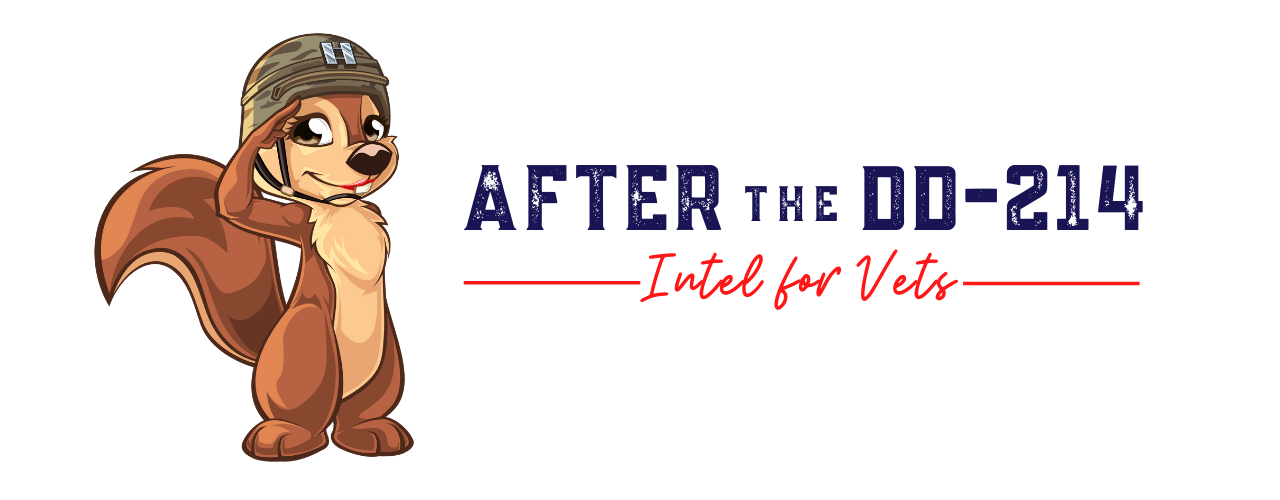When I worked at the college, one of my objectives was to connect my veteran students with local veteran resources. Since high unemployment was as much a problem for my students as it is for so much of the vet population, I decided we needed a workshop designed to help veterans translate their military skills into effective civilian resumes. That wasn’t, however, my area of expertise. Enter Mark Nolte.
Mark is an Air Force veteran, who retired out of Offut Air Base as the Fuels Management Flight Superintendent. Since 2010 he has worked as the Lead Local Veterans’ Employment Representative (LVER), overseeing five veteran representatives in two counties in the state of Florida. Mark and his team provide various employment related services to veterans and they recently won a state performance incentive award for best medium sized veterans team. Who better to ask a few questions about veteran employment issues and resources?
Me: What would you say is the primary difficulty veterans run into when job searching?
Mark: There are a few that I can think of: one is not being able to translate their military skills so it can be understood. Employers say that deciphering the acronyms that make up the veterans’ experience is too complex. Skills translation isn’t the only problem for veterans in finding jobs. Concerns about military hires getting uprooted for future deployment, and the belief that veterans need time to re-acclimate to civilian life were all commonly cited as well. Many are concerned about post-traumatic-stress disorder, while some others even see the discipline and rigor of military experience as a downside. Some think veterans’ will be too rigid or structured to function well or deal with a corporate setting because the military is all that they have ever known. Another issue is veterans’ understanding how to do an effective job search by targeting their resume to that specific job.
Me: What exactly is the Disabled Veterans Outreach Program?
Mark: Disabled Veterans Outreach Program (DVOP) specialists provide intensive services to meet the employment needs of disabled veterans and other eligible veterans, with the maximum emphasis directed toward serving those who are economically or educationally disadvantaged, including homeless veterans, and veterans with barriers to employment.
Me: How does that differ from the Local Veterans Employment Representatives program?
Mark: Local Veterans Employment Representatives (LVER) conduct outreach to employers and engage in advocacy efforts with hiring executives to increase employment opportunities for veterans and encourage the hiring of veterans. LVER staff work with other service providers to promote and facilitate priority services to veterans. LVER staff advocate on behalf of veterans for employment and training opportunities with business, industry and community-based organizations.
Me: How can the DVOP and LVER programs overcome the primary job searching difficulty you mentioned earlier?
Mark: Through workshops and one-on-one intensive services we can provide for the veterans. By doing this, the service is more personalized.
Me: How can veterans locate the DVOP or LVER representatives in their areas?
Mark: They can go to their local one-stop center and ask to see a veterans’ representative or they can go to the National Veterans’ Training Institute (NVTI) website, http://dvoplverlocator.nvti.ucdenver.edu/, and type in last name, city, state, and zip.
© 2013 – 2020, Sarah Maples LLC. All rights reserved.


No Comments